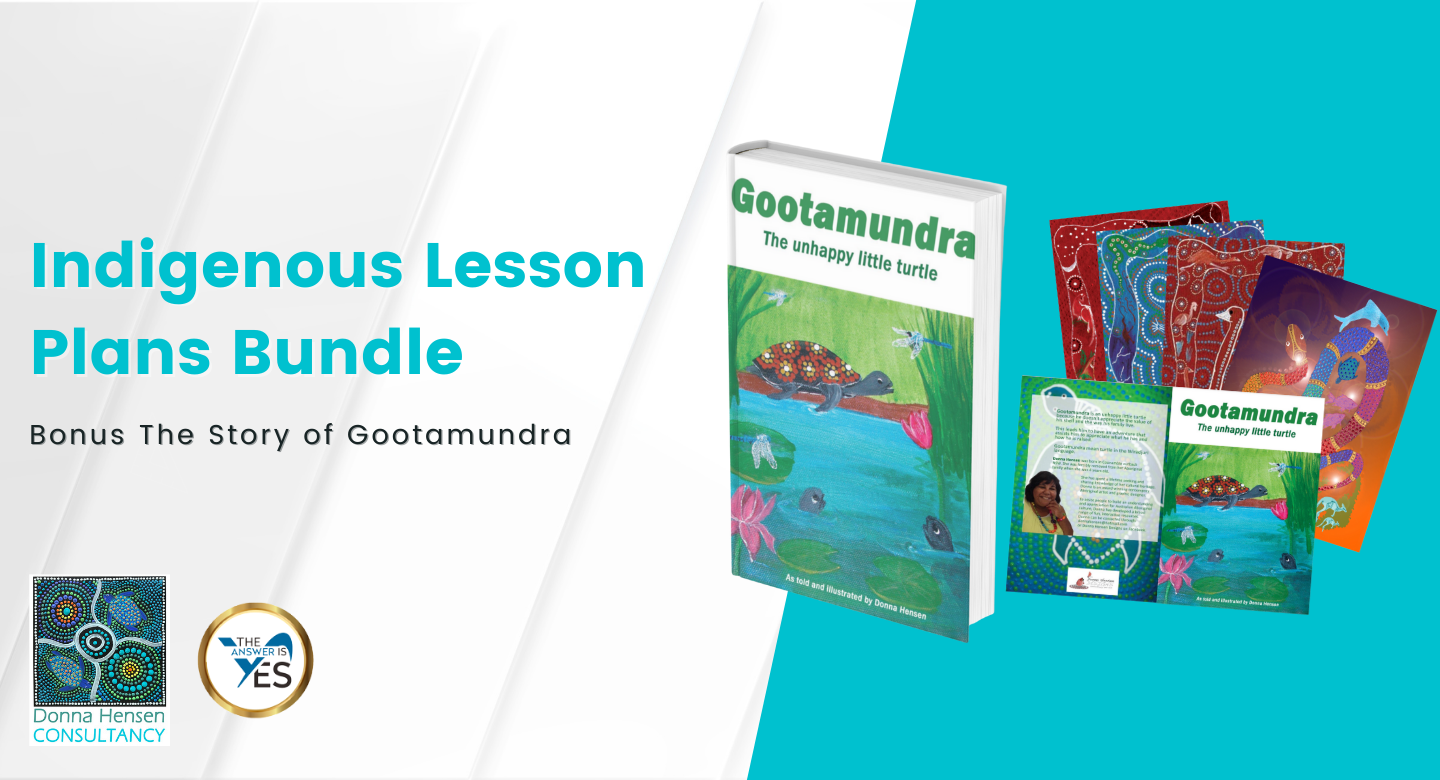
The concept of emotional resilience has become a critical topic of discussion in several academic and educational settings. Simply put, emotional resilience is the ability to bounce back from challenging situations and adapt to change effectively. The importance of teaching children how to develop emotional resilience has become more critical now than in previous times.
- Teacher: Donna Hensen
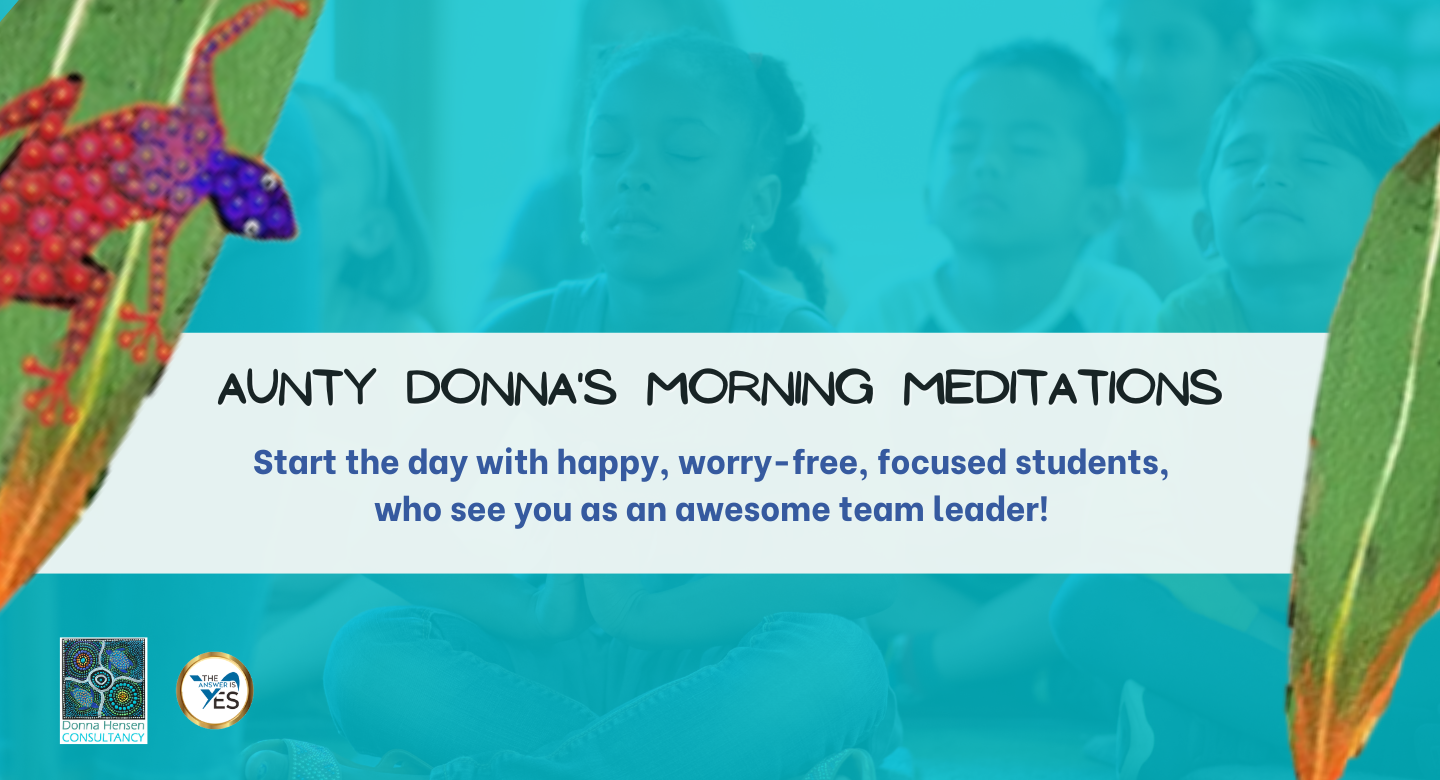
Introducing "Aunty Donna's Morning Meditations," a course designed to help young learners overcome big worries with the power of meditation. Equipped with eight counseling and cultural strategies including compartmentalizing, self-awareness, relaxation breathing, and visualization, this course fosters a sense of belonging and trust in the classroom. The repetitive ritual of morning meditation enhances focus, learning capabilities, and connection to the world, making this course an indispensable tool for both students and teachers aiming to create a harmonious and productive learning environment.
Embrace the transformative power of meditation today! Enrol now.
- Teacher: Donna Hensen
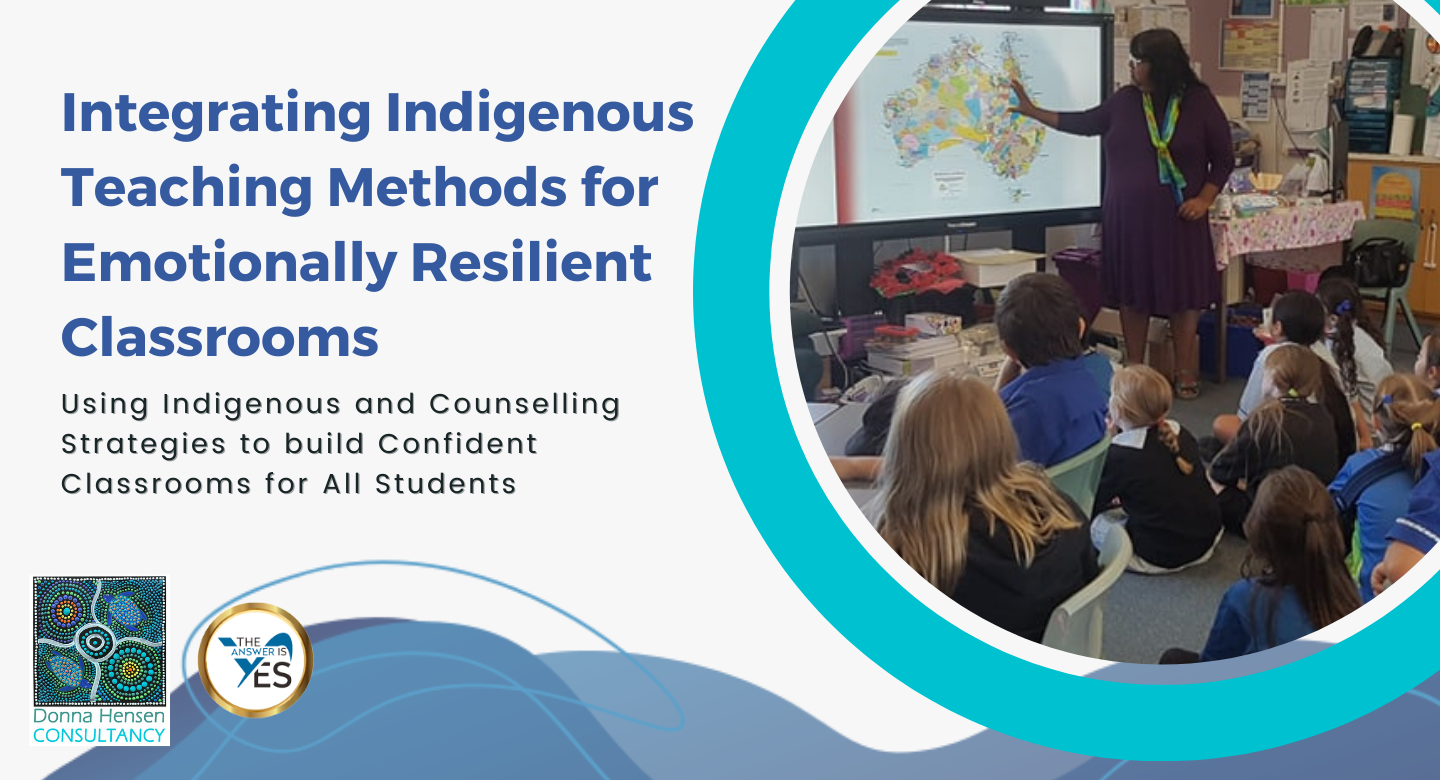
The process of creating emotionally resilient classrooms can be tricky, but it is a critical task that can help foster the growth of students in ways that go beyond academic achievement. As we look for ways to create classrooms that promote emotional health, integrating Indigenous teaching methods has been identified as a potential solution. Indigenous cultures and languages have a lot to teach us about connection, resilience, and the importance of the holistic well-being of all individuals.
- Teacher: Donna Hensen
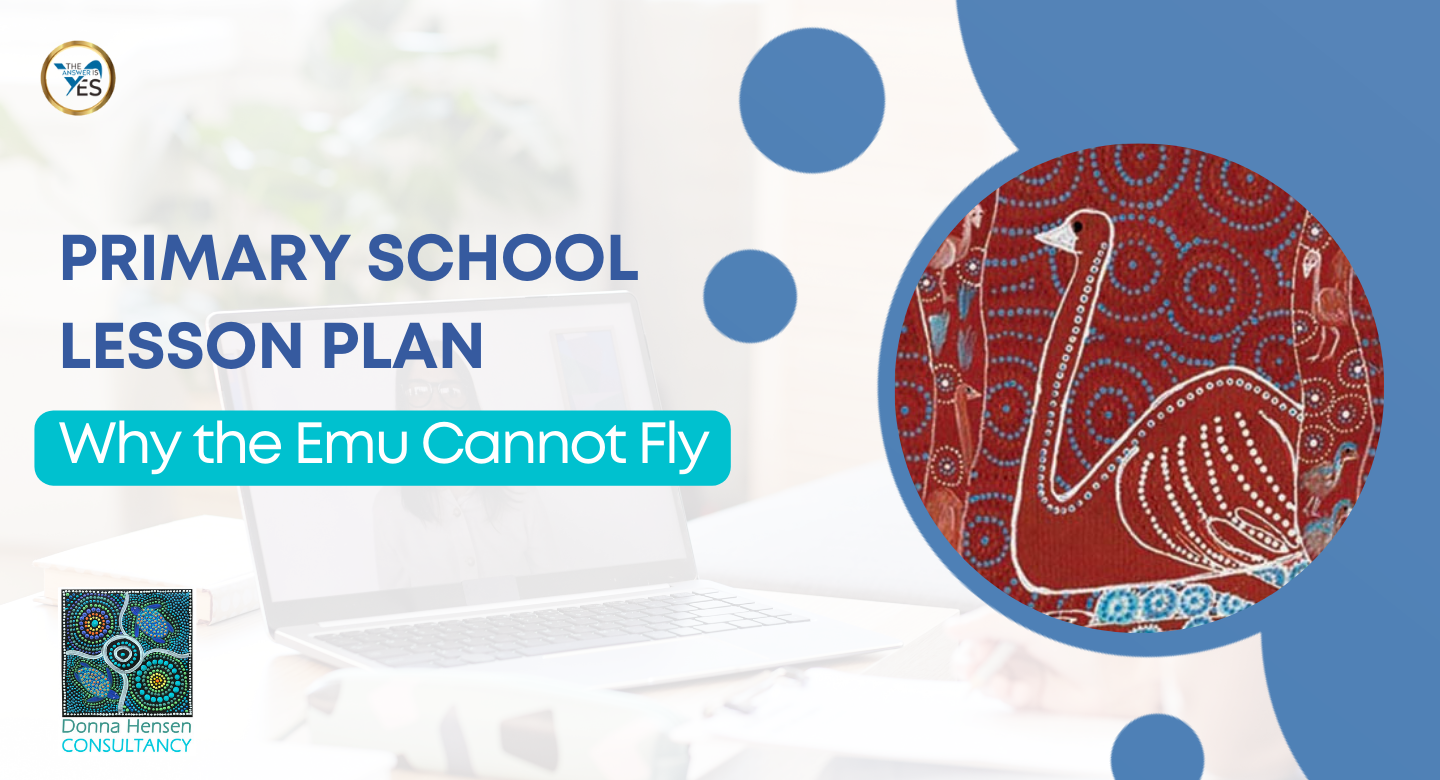
Whenever we talk about emotions, we tend to overlook two feelings that are often overlooked or even looked down upon: pride and jealousy. But in reality, these emotions are as normal as any other feeling we experience. While pride can be a motivator and a catalyst for self-improvement, it can also turn toxic if taken too far. Similarly, jealousy can lead to healthy competition, but if it becomes all-consuming, it can ruin our lives. Children should learn emotional literacy and how to handle pride and jealousy. In this course, we will explore the importance of understanding these two emotions and how to manage them in a healthy way.
- Teacher: Donna Hensen
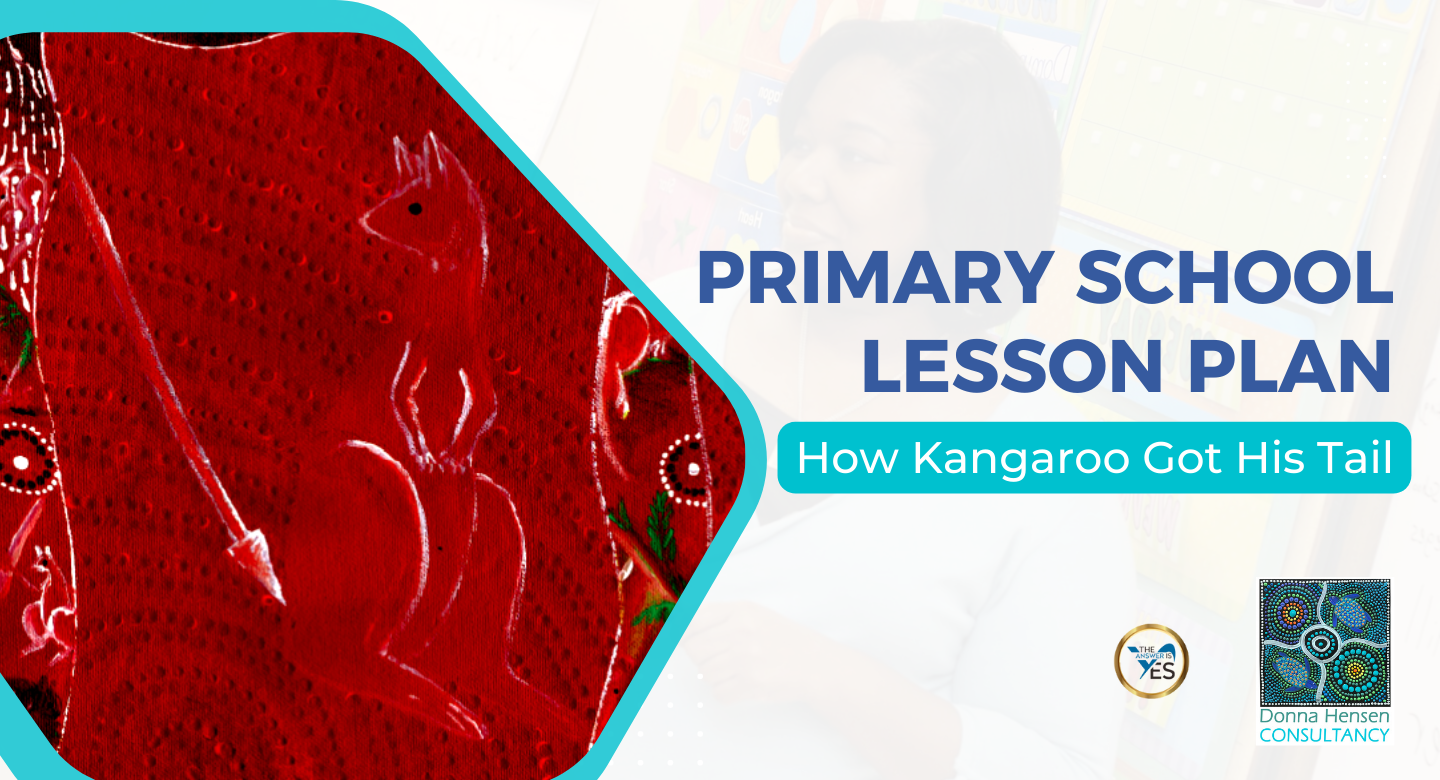
With Australia's deep history and culture, it is imperative that we normalise Aboriginal culture in the school environment. Aboriginal students are individuals who deserve respect and recognition every day, not just during NAIDOC week. One reason for the importance of normalising Aboriginal culture in schools is the impact it has on Aboriginal students' self-esteem and sense of belonging. It can be isolating for Aboriginal children to go through life as a minority in a predominantly non-Aboriginal environment. By teaching non-Indigenous students about Aboriginal culture and history, we can create a safe and welcoming space for Aboriginal students to feel proud of their identity and culture.
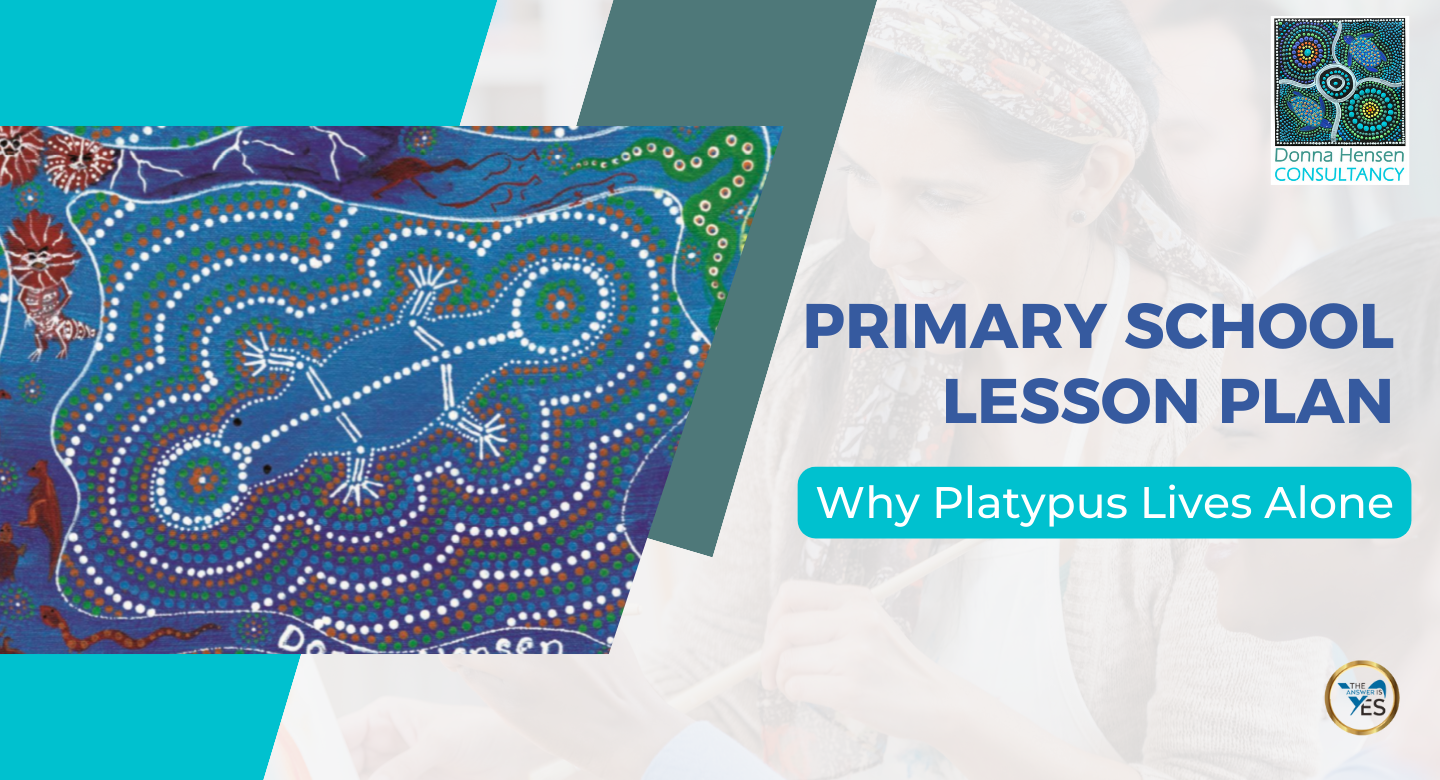
The school environment is supposed to be a safe haven for all students, regardless of their background or culture. For Aboriginal students, this is not always the case. They face racism, prejudice, and negative stereotypes on a daily basis, which can severely impact their self-esteem and mental health. Normalizing Aboriginal culture within the classroom can help to combat these issues and provide a more inclusive environment for all students. In this course, we have created teaching resources specifically looking at the story of Why Platypus Lives Alone, helping children develop emotional literacy by learning about personal space and some children need “alone time” for emotional well-being.
- Teacher: Donna Hensen
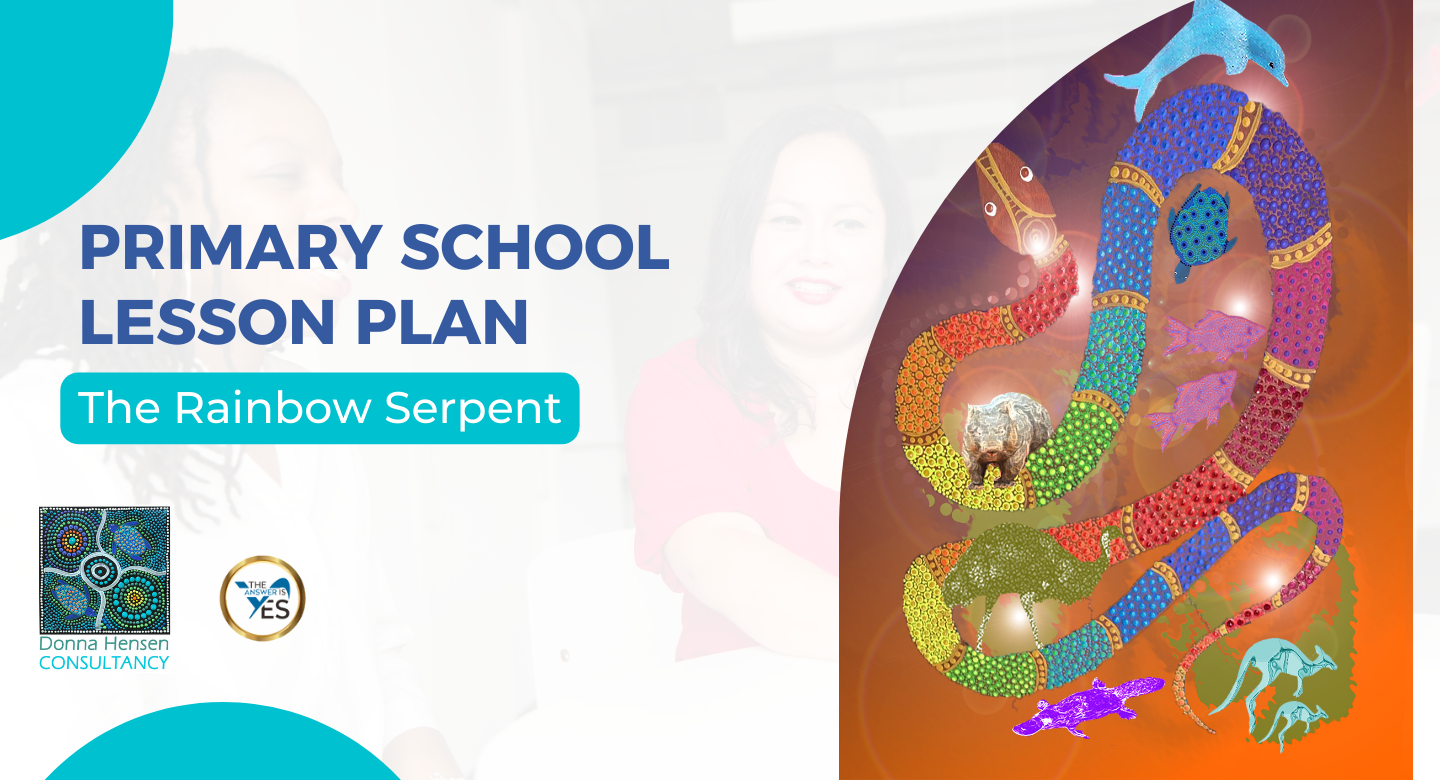
Australia's Aboriginal Culture is the oldest and the longest-ongoing culture in the world. Yet, it seems that our society still struggles to embrace and understand it, especially in our school systems. We need to replace ignorance with understanding, which means normalising Aboriginal Culture and building personal connections to it for all students, their families, and all teachers. But it's not only about Aboriginal Culture. We also need to reconnect with nature, which has been neglected for far too long. This is why we created a primary school lesson plan that centres around the Rainbow Serpent, a significant figure in Aboriginal Culture and a symbol of the interconnectedness of all things.
- Teacher: Donna Hensen
